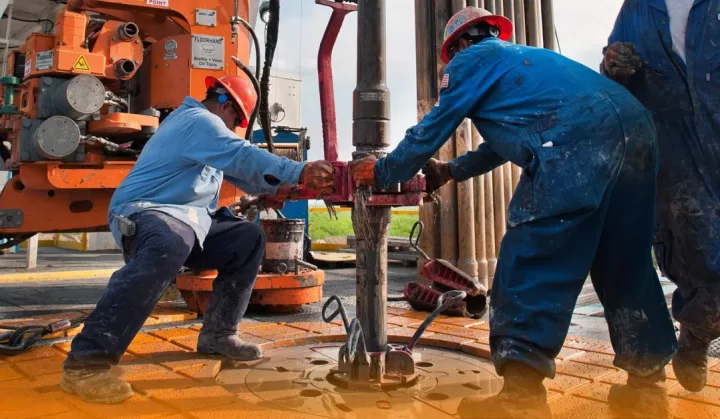
At the backdrop of controversies surrounding Nigeria's crude oil output, details have shown that Condensate, light premium crude which is also the key make-up for Nigeria's crude oil basket, has stagnated in the first 10 months of 2024 with average output recorded at 211,401 barrels per day (bpd), about 11.4 percent drop from 238,489 bpd recorded in the corresponding period of 2023.
Also, the average crude oil output declined by 3.9 per cent to 1.177 million bpd in 2024, from 1,224 million bpd in 2023.
Condensate is crucial to Nigeria and other members of the Organization of Petroleum Exporting Countries, OPEC, as it is not counted as part of their output quota even though it attracts almost equal prices as the nation's Bonny Light. A significant reduction in Condensate output also undermines Nigeria's oil revenue, the mainstay of the nation's economy.
Budget 2024 based on 1.7m bpd, $77 per barrel
Nigeria's 2024 budget was based on 1.7 million bpd, including Condensate and $77 per barrel. However, experts said the shortfall would not impact negatively as the nation generated more than $80 per barrel during a greater part of the year.
The Nigerian National Petroleum Company Limited, NNPCL, the Nigerian Upstream Petroleum Regulatory Commission, NUPRC, and the Minister of State for Petroleum, Senator Heineken Lokpobiri, recently put Nigeria's peak output at 1.8 million bpd.
Moreover, the Organisation of Petroleum Exporting Countries, OPEC, to which Nigeria is a member, gave Nigeria's output figure as 1.4 million bpd, excluding Condensate.
A breakdown of Nigeria's Condensate output shows that month-month, MoM, it declined by 6.9 per cent to 204,806 bpd in October 2024, from 219,997 bpd in September, 2024. Year-on-Year, YoY, October output at 204,806, was a 3.2 percent decline from 211,499 recorded in the corresponding period of 2023.
Also at 204,806, the October figure was a significant 5.7 percent decline from this year's opening figure of 217,097 bpd in January.
Moreover this year's highest month output at 227,041 bpd recorded in July is about 15.3 percent below 267,917 bpd highest month output recorded in March last year while at lowest point this year it plummeted to 162,957 bpd in April as against 214,339 lowest point recorded July last year.
ExxonMobil, Total, Agip, others in low-output
The NUPRC, in its monthly oil reports obtained by Financial Vanguard, said Shell, ExxonMobil, Agip, Chevron and Total who are major producers, recorded declines in output this year.
The report indicated that although the Condensate output of ExxonMobil increased to 23,269 bpd in October 2024, from 18,906 bpd in September 2024, indicating a 23 percent leap, the company's output has consistently declined from 45,000 bpd recorded in January this year.
Also, the output of Shell from Bonny terminal dropped to 494,915 bpd in October 2024, from 511,021 bpd in September 2024, indicating a decrease of 3.2 per cent.
The company's Condensate output from Forcados terminal also dropped to 580, 502 bpd in October 2024, from 950,962 bpd in September 2024, showing a decrease of 39 per cent.
Similarly, Total Energy's output decreased to 5,534 bpd in October 2024, from 5,820 bpd in September 2024, showing a decrease of 5 per cent.
Also, the Nigerian Agip Oil Company, NAOC's Condensate output decreased to 201,451 bpd in October 2024, from 201,979 bpd recorded in September 2024, indicating a marginal decrease of 0.26 per cent while the output of Chevron Nigeria Limited rose by 40.3 per cent to 62,495 bpd in October 2024, from 44,532 bpd in September 2024.
Energy transition hindering funding - Experts
In a telephone interview with Vanguard, weekend, Austin Avuru, Vice Chairman, Platform Petroleum Limited, said: "ExxonMobil used to be biggest producer of Nigeria's Condensate. We cannot increase the output of Condensate in isolation. It would have to be achieved through increased investment in oil and gas production.
"We produce Condensate in Platform Petroleum. It comes along with crude oil and gas. So, as a nation our Condensate output would rise as we continue to invest and produce more oil and gas despite the challenges posed by the global Energy Transition."
Similarly, another expert that pleaded anonymity said: "Generally, the funding of oil and gas projects have been relatively slow not only in Nigeria but other countries because of the politics of Energy Transition with 2050 as target.
"Indeed, Nigeria and other African nations need much time to develop and implement their Energy transmission plans in the spirit of the 'Just Energy Transition', using natural gas as their transition fuel."
NUPRC, others move to enhance output
The Commission Chief Executive, Nigerian Upstream Petroleum Regulatory Commission, NUPRC, Engr. Gbenga Komolafe, said the Commission has already initiated measures with other stakeholders to enhance investment and output.
He said: "In the last three years, we have made significant strides despite the persistent challenge(s) of the global push for energy transition and the call for defunding of fossil fuel.
"Leveraging the Petroleum Industry Act, PIA, we are addressing the legacy challenges of outdated regulatory processes, encumbrances to exploration and development, inefficiencies in production, and perennial issues in the operating environment to enhance investment and output.
"Development of Regulations: We have successfully introduced critical regulations in collaboration with industry stakeholders that operationalize the PIA and entrench regulatory clarity, predictability, and transparency. So far, 25 priority Regulations have been developed and 17 gazetted. This approach has optimised regulatory processes and has boosted investors' confidence.
"Working with industry stakeholders, we have implemented initiatives to grow oil and gas reserves through studies and development activities to the current levels of 37.5 billion barrels of Oil and 209.26 trillion Cubic Feet of Gas, representing 30% and 33% of Africa's oil and gas reserves, respectively.
"Maintaining a healthy Reserves to Production ratio is key to ensuring the long-term sustainability of Nigeria's energy resources, with due cognisance to global energy dynamics. To this end, we are confident that the ongoing activities of PPL Awardees and the Licensing Rounds will further boost Nigeria's position and unlock additional opportunities.
"Our efforts are yielding satisfactory results as evidenced by the level of upstream activities within the past year. The industry has witnessed a notable increase in rig activities, well intervention, and field developments, signaling a positive trend to boost production. This uptick reflects both the impact of regulatory reforms driven by the Commission and a renewed focus on maximizing the potential of our oil and gas assets. We are glad to report that with the concerted efforts of relevant stakeholders, production has grown from 1.2 million to 1.6 million bpd today.
"Although we acknowledge these modest gains as graciously alluded to by Mr. President in his August 2024 speech to the nation, this is far short of the Presidential charge to us to grow production to sustainable and economic levels. Working together to achieve this mandate is the main thrust of our gathering here today
"Further to the PIA and the 2020 Bid Round, 50 Marginal fields have been converted to Petroleum Prospecting Licenses (PPLs), together with a minimum work programme that allows for early development and maturation of the assets. The streamlined work program is projected to bring the fields into production within three (3) years and some have already made significant progress on field studies, well interventions, and project development. It is anticipated that about 60,000 bpd and 90MMscfd of incremental oil and gas production will be realized from these assets in the near term.
"To enhance investment attractiveness and improve global competitiveness, the Licensing framework for the Bid Rounds was optimized following the PIA to vacate entry barriers and eliminate huge asset acquisition fees. With these innovative regulatory approaches, we have noted considerable investment appetite and are on course for a successful Bid Round."
Future looks bright - Analysts
Commenting on the prospect of producing commercial quantity of Condensate, National President, Oil and Gas Services Providers Association of Nigeria, OGSPAN, Mazi Colman Obasi, said: "Nigeria has more than 37 billion reserves of crude oil and part of that is Condensate. This means that the nation still can produce Condensate to complement its crude. What we need is more investment to unlock crude oil, condensate and natural gas for domestic use and export.''

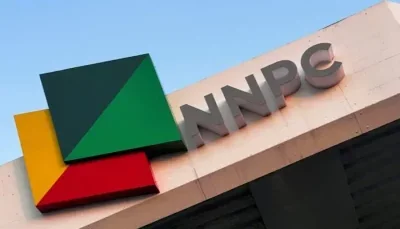

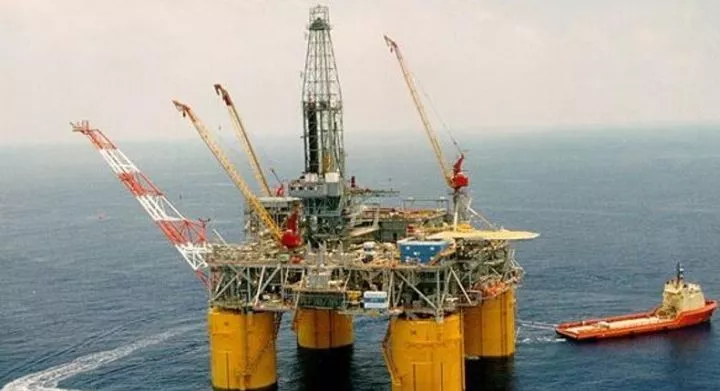

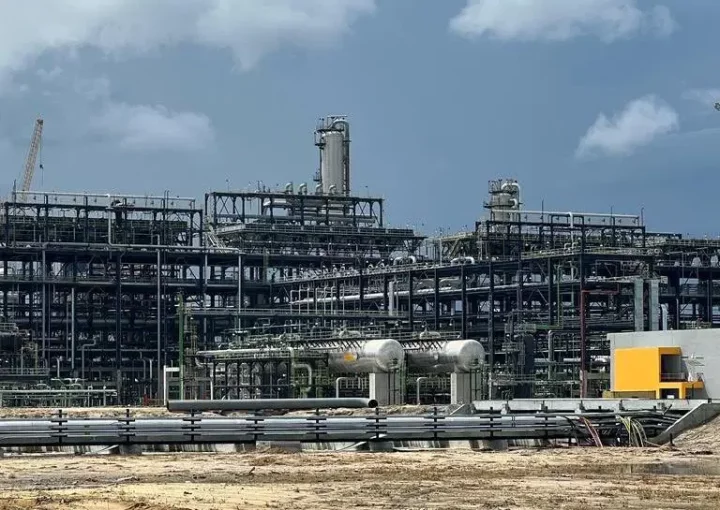
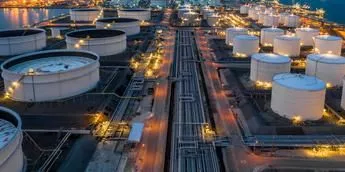











Comments